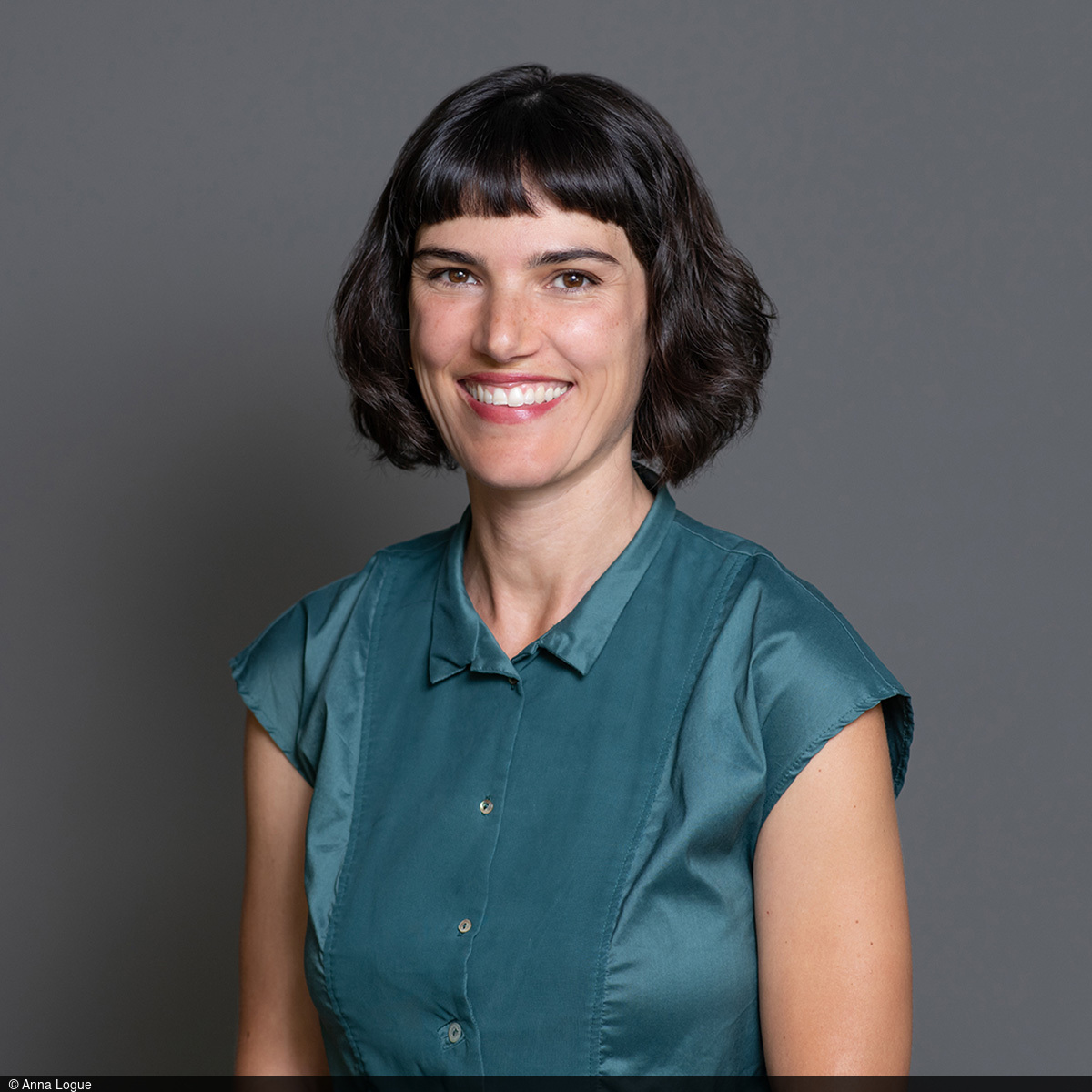Fostering Equal Career Opportunities with More ‘Daddy Time’
CommentZEW economist Sarra Ben Yahmed on Equal Pay Day
From April 2024, parents of a new-born will only be able to spend a maximum of one month of paid parental leave together; previously it was seven months. The remaining paid leave is now mandated to be taken separately, aligning with the objective of fostering a more balanced distribution of childcare responsibilities between fathers and mothers. Dr. Sarra Ben Yahmed, senior researcher in the “Labour Markets and Social Insurance” Unit at ZEW Mannheim, explains:
“The new regulation seeks to encourage fathers to spend more time alone with their child, facilitating their complete assumption of childcare responsibilities. In the long term, this could have a positive effect on the distribution of family responsibilities, the female labour supply and ultimately also on social norms and the gender wage gap. It is well-documented that the gender wage gap tends to widen after the birth of the first child – a phenomenon commonly referred to as the ‘motherhood penalty’ –, underscoring the strong link between domestic duties and career trajectories.
In our study, we investigated the impact of remote work during the COVID-19 pandemic on the organisation of time within families. We find that the parent who worked from home increased the amount of time spent on childcare to a greater extent than their partner. In households where the father held the more flexible job, the gender gaps in childcare and working hours were reduced. Conversely, households where the mother had the more flexible job experienced an exacerbation of the ‘double shift’ phenomenon, with mothers dedicating significantly more time to both childcare and paid employment. This shows that flexible working arrangements alone are insufficient to ensure a more equal division of childcare between mothers and fathers.
Instead, family policies reforms are necessary. Reducing jointly taken parental leave is one approach, but a risky one as it could also have the opposite effect and discourage some fathers from extending their leave. Achieving a profound transformation in fathers’ involvement in childcare across society, and thereby supporting women’s careers, requires strengthening incentives for fathers to take parental leave alone or even introducing mandatory paternity months.”

